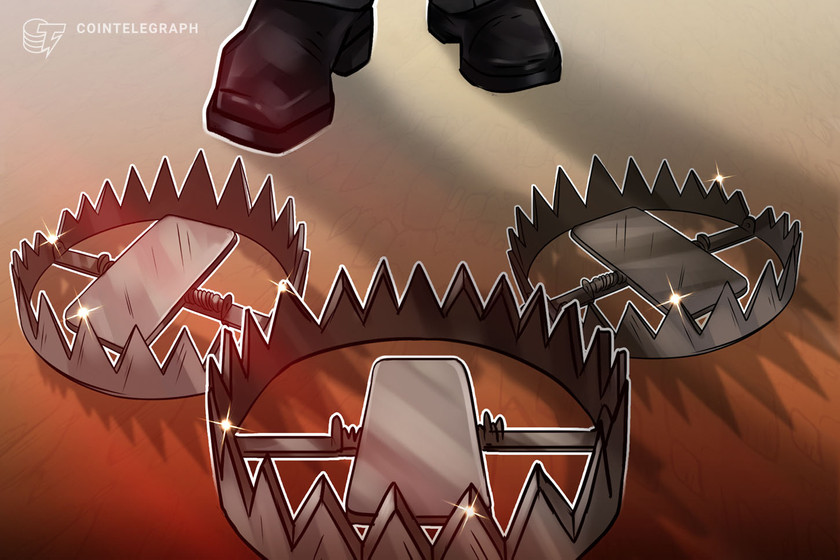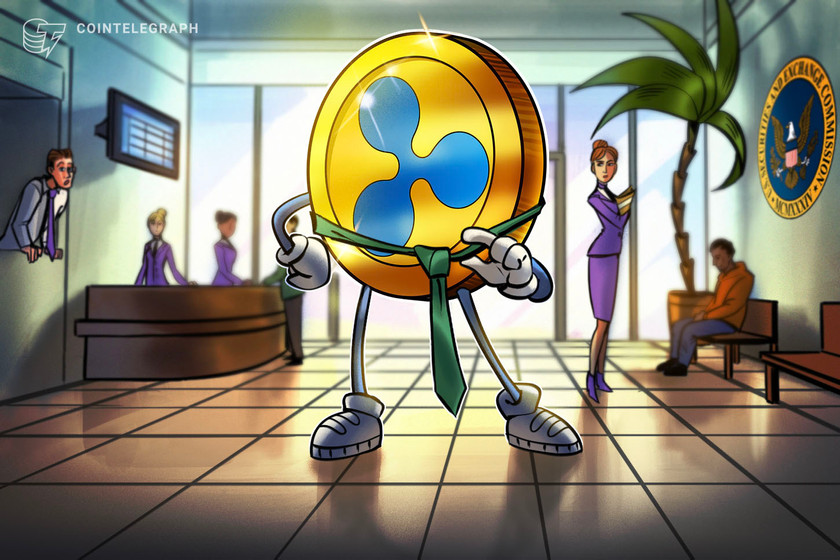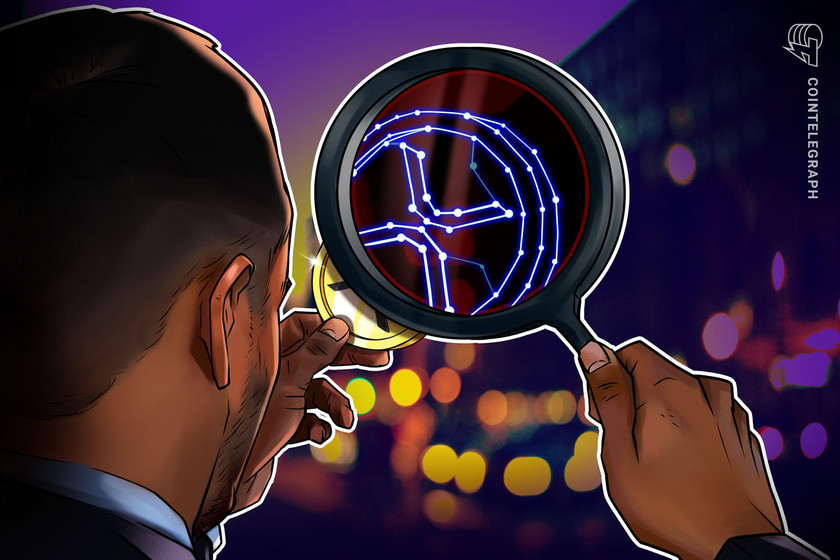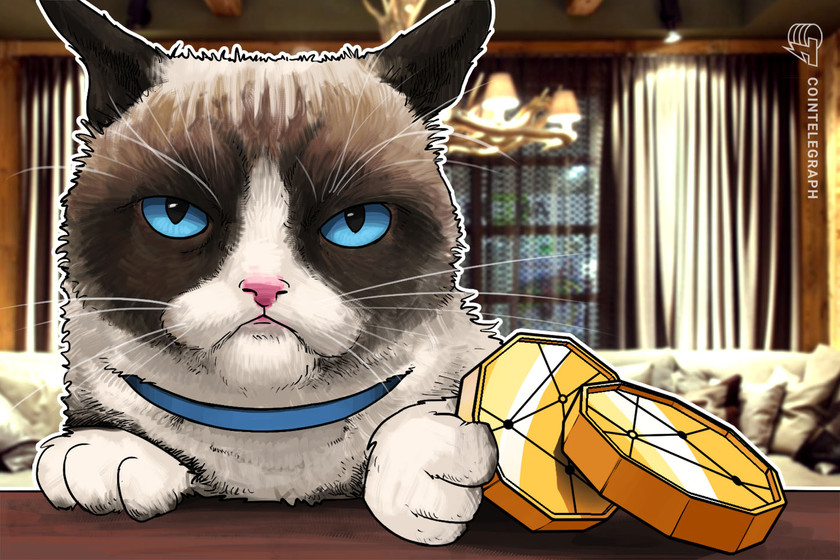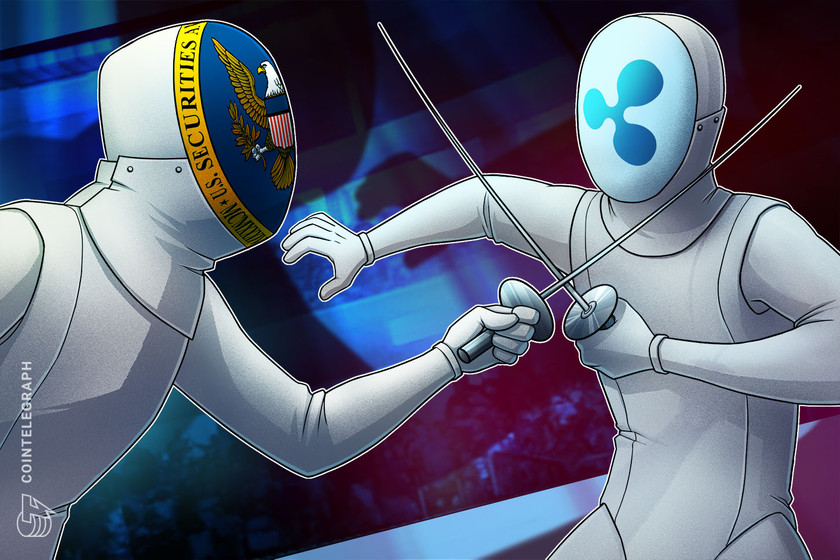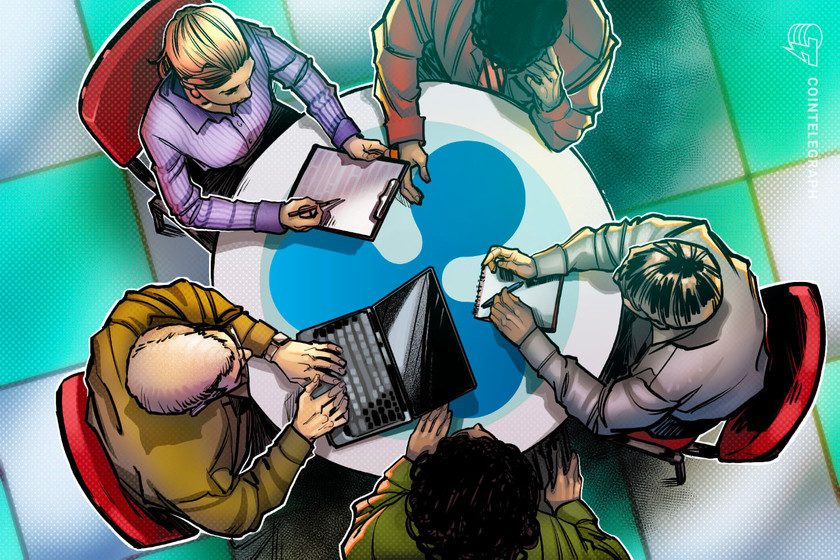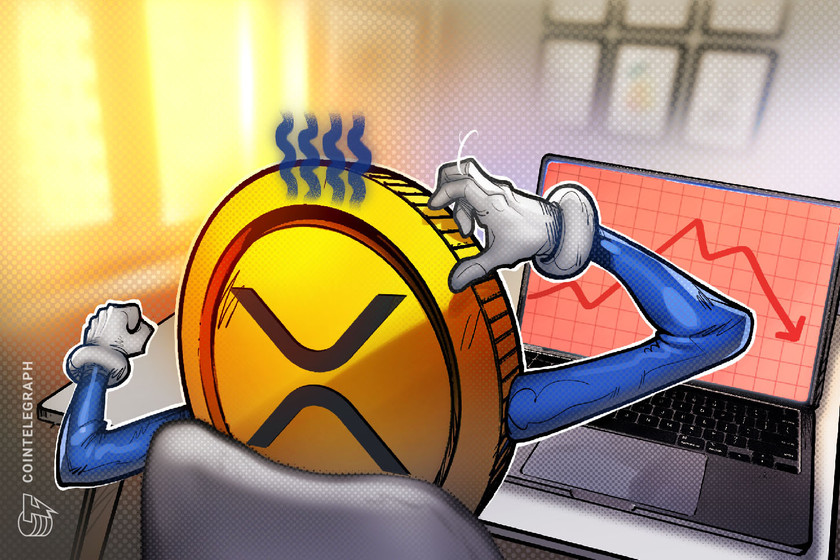Ripple, Binance impersonators target XRP holders via fake staking program
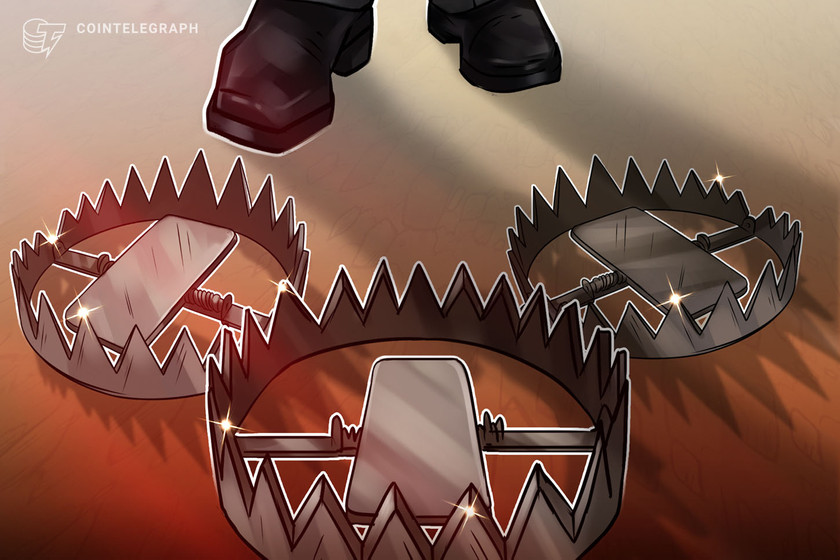

Online fraudsters attempt to lure in XRP investors by offering fake staking services with an ROI of up to 31% for a token that is not based on proof-of-stake consensus.
The cryptocurrency community has raised flags about a new scam targeting XRP (XRP) investors through a fake staking program.
Online fraudsters are impersonating major cryptocurrency firms like Ripple and Binance by creating fake websites and email imposters pretending to provide staking services for XRP.
One such website includes a blog post titled “XRP staking set to debut January 2023 for retail users,” inviting users to “stake” their XRP with unrealistic returns on investment (ROI), ranging from 12% to 27%. The fake scheme attempts to rush XRP investors’ decision by stating that only the first 10,000 accounts will receive a higher ROI.
The fake website provides a well-crafted clone of Ripple’s website, ripple.com, by copying the original layout and fonts and linking some of its previous blog posts. The impersonators also attempted to add more credibility to their posts by adding information about the importance of self-custody using major hardware wallets, such as Ledger or Trezor.
The scam website has a lot of mirror domains with “.org.th” or “.com.ve” endings, targeting XRP users from all over the world.


The XRP staking website scam is accompanied by imposter emails impersonating Binance, offering up to 31% ROI on XRP staking. An industry enthusiast, RipplePandaXRP took to Twitter on Jan. 21 to warn the XRP community about the scam.
“Do not send your XRP to an unknown address and always check the address to see if it is a legit site,” RipplePandaXRP wrote.
Related: Ripple CEO: XRP lawsuit resolved by June, SEC conduct ‘embarrassing’
That said, the real Binance exchange actually offers decentralized finance (DeFi) staking for XRP as part of its Binance Earn program. However, Binance’s XRP DeFi staking program only allows users to earn up to 1.4% per year.
It’s important to note that XRP cannot be staked because it doesn’t run with a proof-of-stake (PoS) system like major PoS cryptocurrencies such as Ether (ETH). Instead, XRP transactions rely on a network of “unique nodes” that agree on which transactions can be processed in the network.
Investors are advised to conduct thorough research to ensure the legitimacy of a platform before making any investments.

